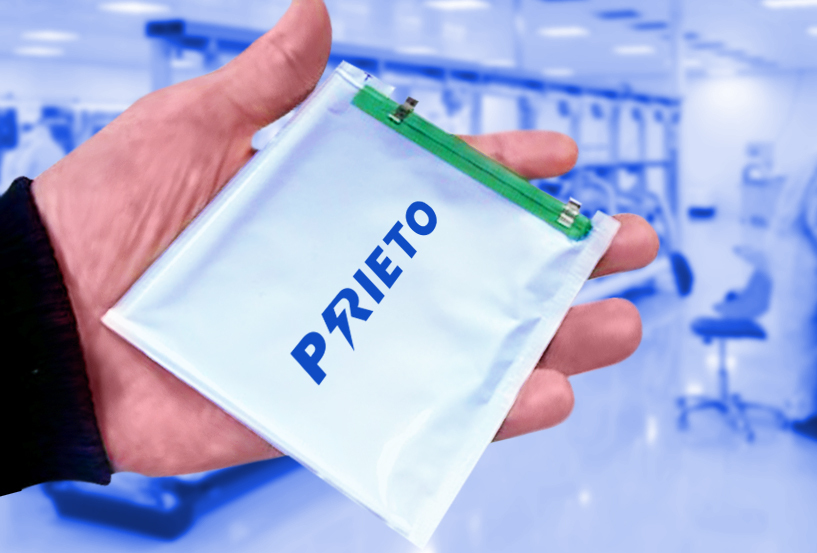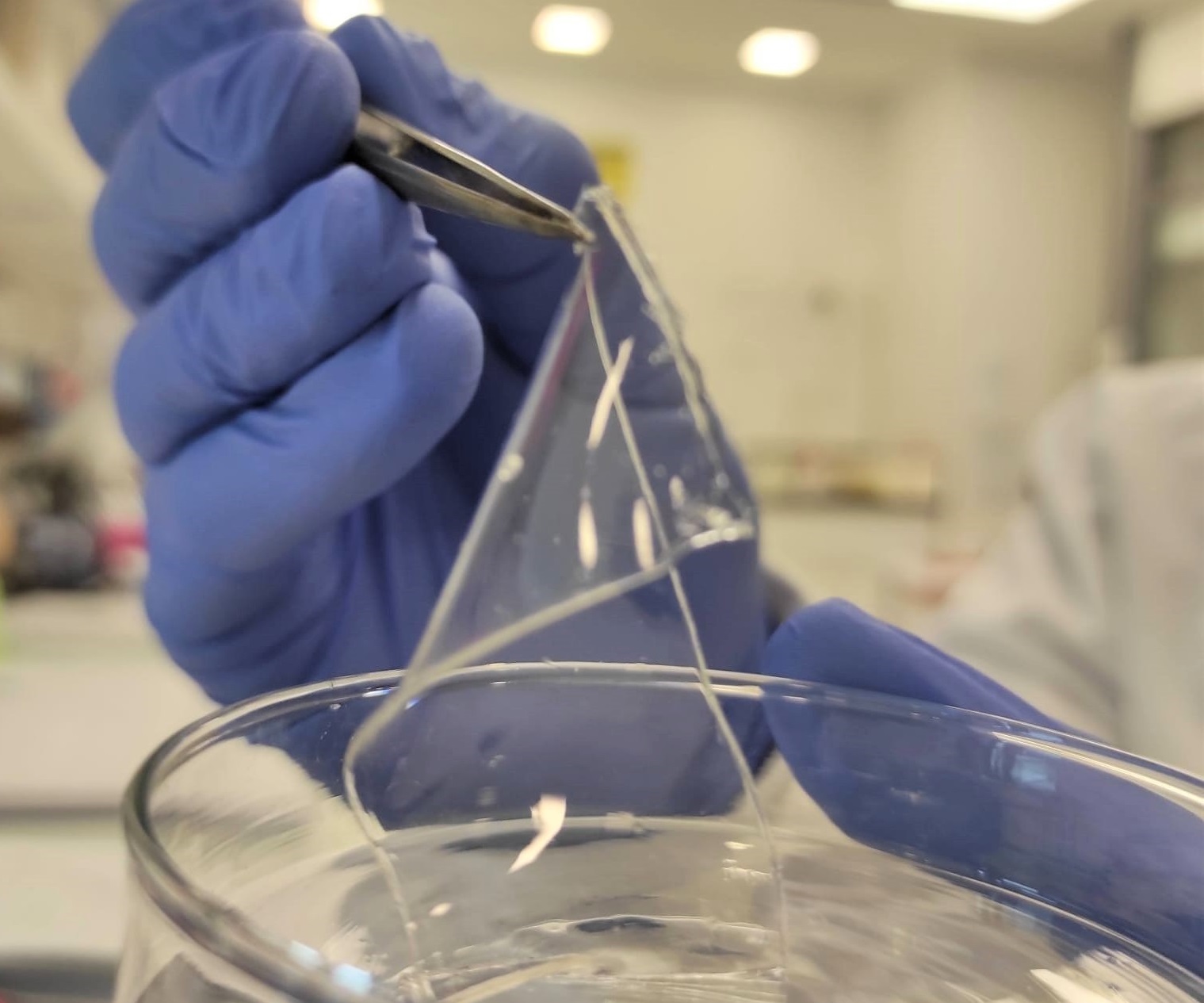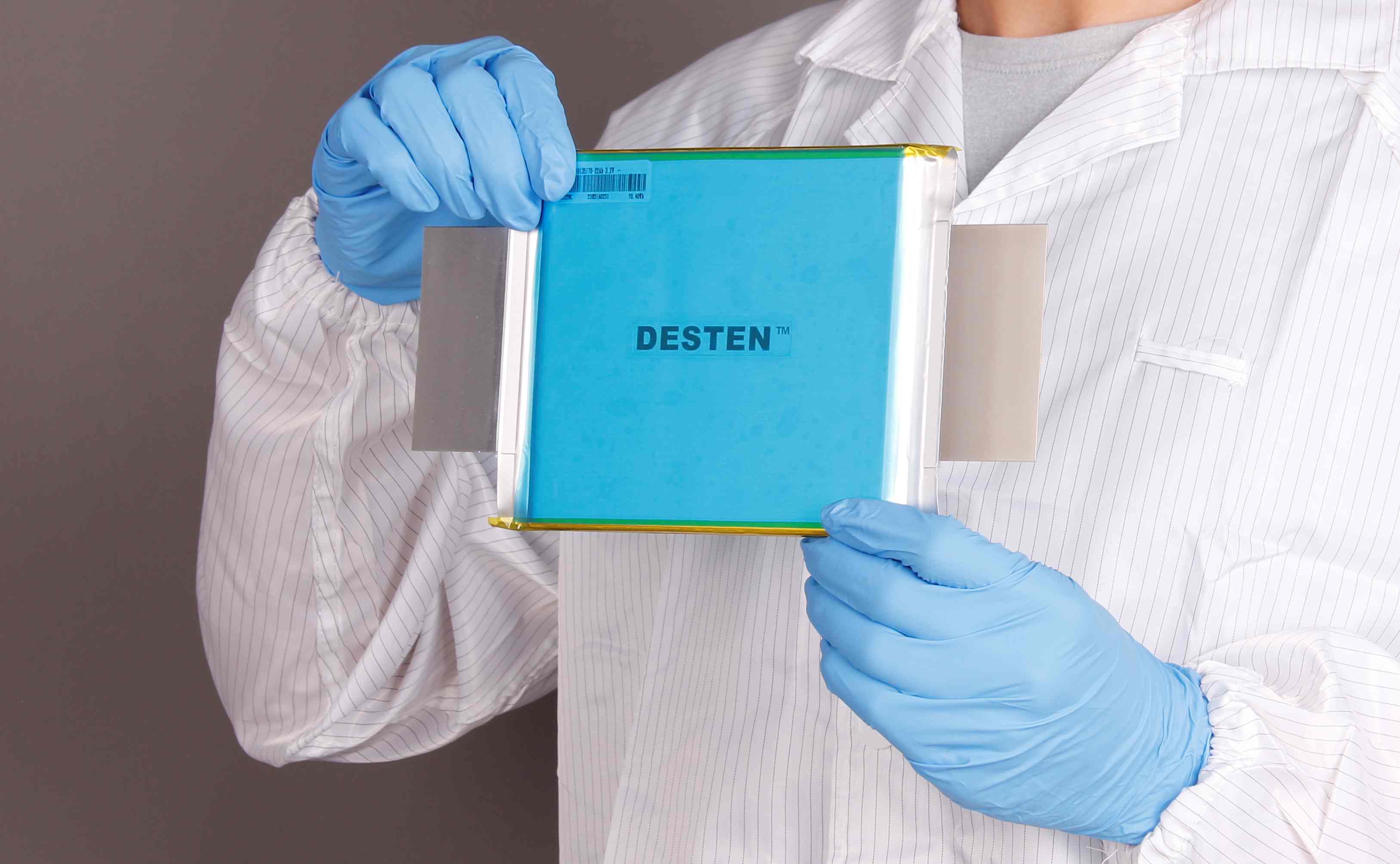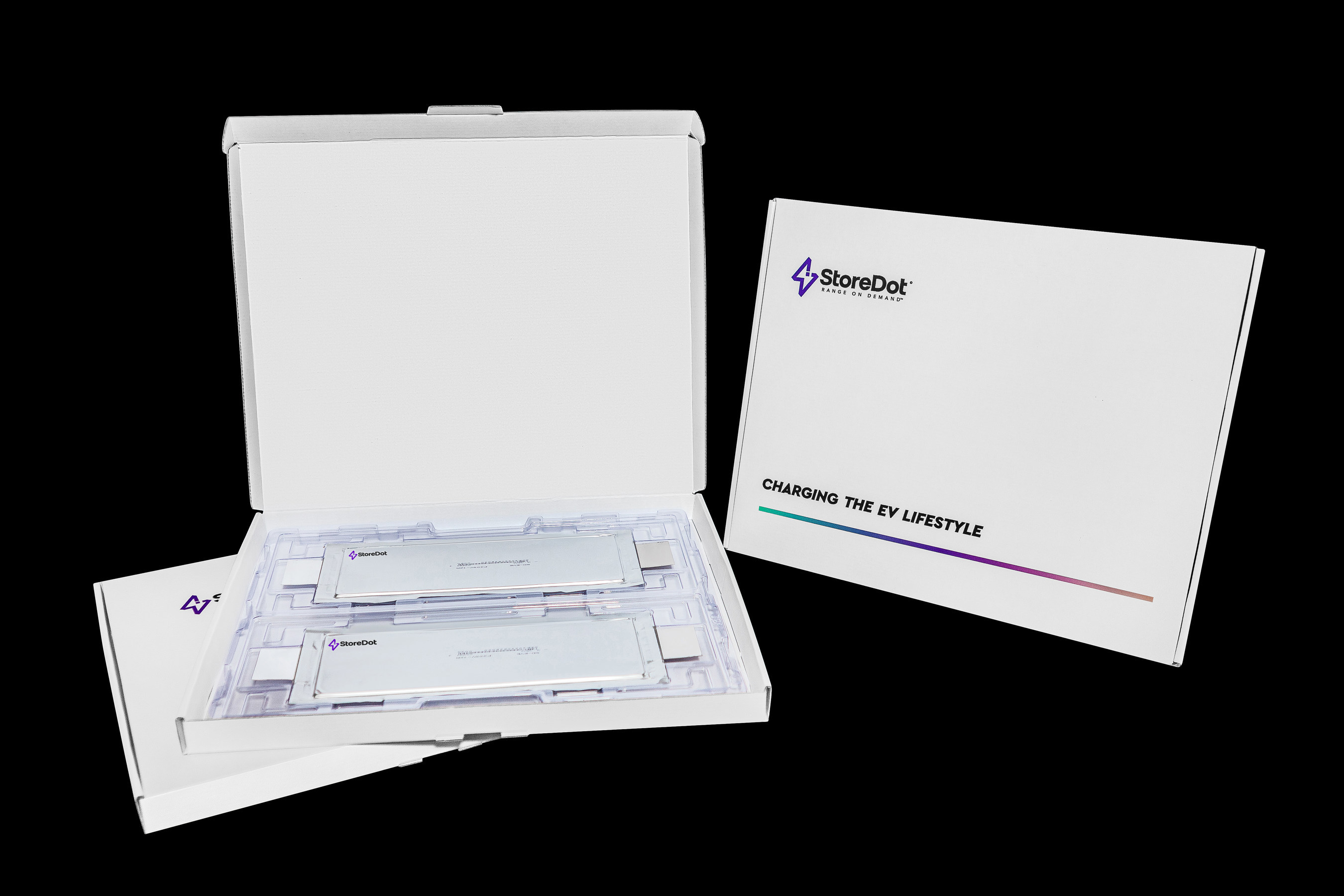
A Nanotech Energy graphene-powered lithium-ion battery 18650 cell was shot by a 4.5BRA bullet at a speed of 2,917 feet per second. Despite the ferocious force of impact, the battery did not catch fire and even still held a charge.
In contrast, a rival commercial battery 18650 cell shot by a 4.5BRA bullet at a speed of 2,915 feet per second immediately burst into flames and no longer held a charge.
"In recent days and weeks, battery safety has been in the spotlight like never before,” said Jack Kavanaugh, CEO and chairman of Nanotech Energy. “The recent high-rise apartment fire in NYC is just one of many fires that have been caused by traditional lithium-ion batteries. Battery technology is a significant part of the future of energy, but safety must be made paramount as we come to rely on it more as a society. This is exactly why we are pioneering safe battery solutions.”
The results of the new abuse test reinforce earlier findings about Nanotech graphene-powered lithium-ion batteries. In the summer of 2022, they outperformed standard lithium-ion batteries in two other tests.
In a nail test, traditional lithium-ion batteries reached temperatures of 700°C in a fraction of a second. In contrast, the Nanotech batteries remained intact, with no fire, no explosion, and only a small hole in the battery cell.
In a heat test, both batteries were warmed to extreme temperatures. The traditional lithium-ion battery went through irreversible change and completely burned down at 150°C. In contrast, when a Nanotech graphene-powered battery was heated to 150°C it kept its performance for nearly two hours. Even further heating the battery to 180°C caused cell venting, but no fires or explosions.
Nanotech is working across multiple industries to enable electrification where safety is most critical. The company says its non-flammable batteries can completely transform consumer electronics, electric vehicles, home and stationary energy storage, drones, and the marine industry.
Nanotech Energy says its proprietary non-flammable batteries are safe, long lasting and have an extreme operating temperature range of -40°C through to +60°C. The company can provide samples of graphene-powered battery cells in various pouch cell and cylindrical formats.












